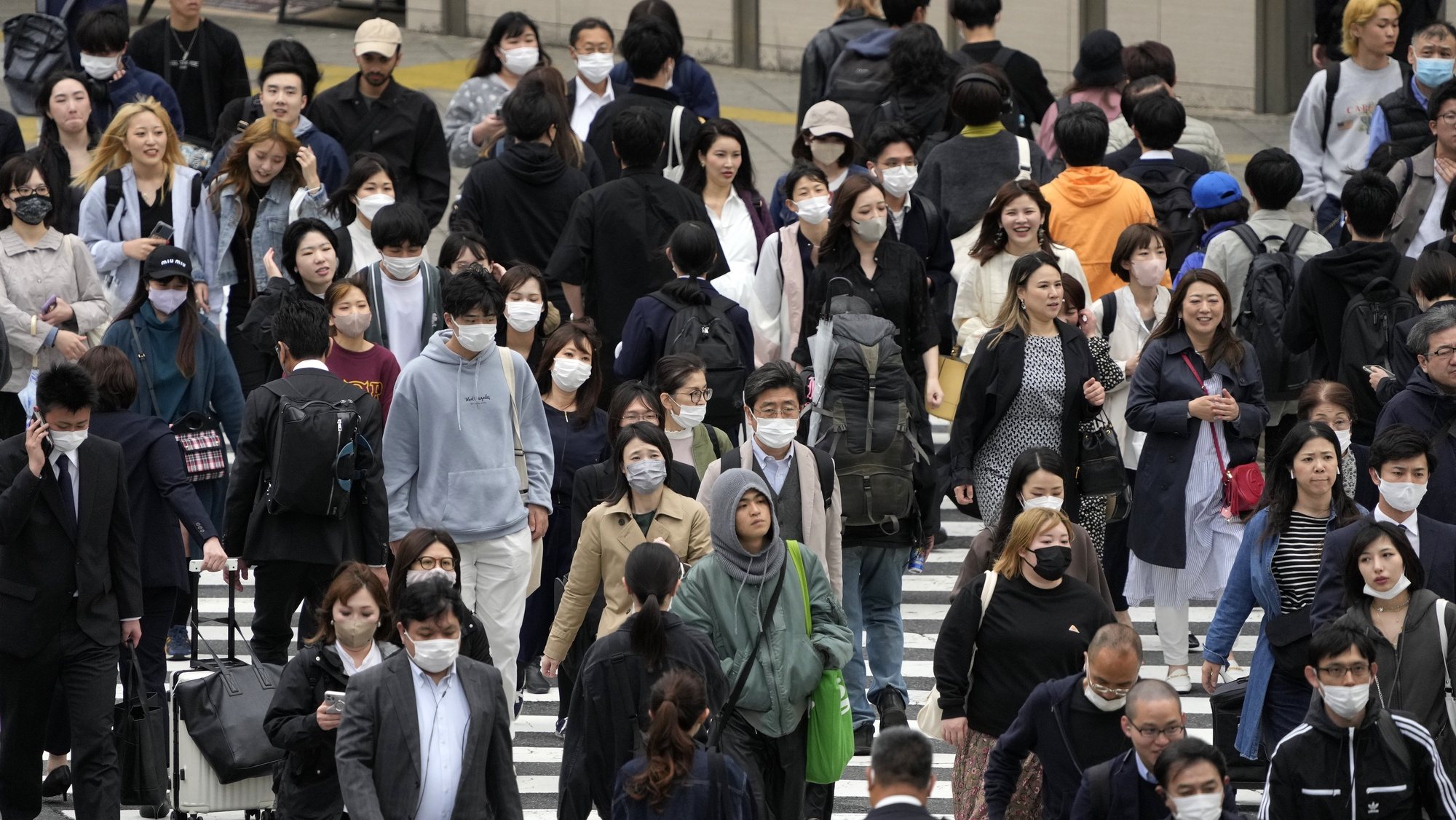
This Thursday, Japan revised upwards the estimate of economic growth for the first quarter of the year, up to 0.7%, compared to the three previous months, according to preliminary data released by the Japanese Government.
The estimate is higher than the preliminary figure of 0.4% published on May 17 by the Japanese government and is due to an increase in capital investment by companies higher than initially calculated.
According to official data, investments made by Japanese companies between January and March increased by 1.4% compared to the last quarter of 2022, an upward revision from the 0.9% published in May.
This variation offset a downward revision, by one tenth, to 0.5%, of the recovery in consumption in the first three months of the year. Consumption is the country’s main economic engine, accounting for about 60% of the Japanese economy.
Compared to the same quarter of 2022, the Japanese Gross Domestic Product (GDP) will have grown by 1.9%, six tenths of a percentage more than initially expected.
Japan’s GDP had grown 1% over the past year due to a decline in consumption.
The Japanese government also lowered the estimate of public investment made during the first three months of 2023, which, according to the now revised data, increased by 1.5% compared to the previous quarter, compared to 2.4% indicated in the preliminary report.
At the end of April, the new governor of the Bank of Japan (BoJ) said that the institution will maintain the broad strategy of monetary easing, which includes ultra-low rates, because inflation is not yet strong enough to consider withdrawing these measures.
Asked if the BoJ is considering changing the plan to control the yield curve for government bonds, Kazuo Ueda said this would depend on developments in the economy, inflation and other factors.
Contudo, both the outgoing governor, Haruhiko Kuroda, and Ueda will insist on the need to maintain the current flexibility measures, given the situation of the Japanese economy, and despite the acceleration of inflation in recent months mainly due to the global rise in energy and day prices raw Materials.
Japan posted a record trade deficit of 21.7 billion yen (147.2 billion euros) in fiscal year 2022, which ended on March 31 this year.
Japanese imports increased by 32.2% to 121,000 million yen (818,400 million euros), 32.2% more, twice as fast as exports, which increased by 15.5% to 99,200 million yen (671,400 million euros).
Source: Observadora